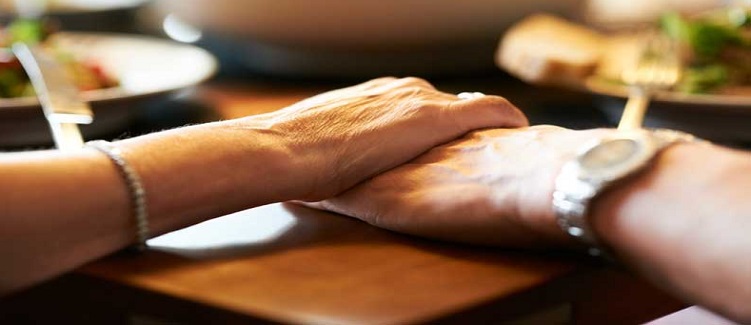After a day of snowmobiling in January 2015, a four-wheeler accident pinned Sandy’s leg against a garage closet.
A 27-year employee of UPMC, Sandy was rushed to a nearby hospital and stabilized. After transferring to UPMC Presbyterian, she underwent six surgeries in three weeks to save her leg.
Severe muscle and tissue damage left the limb non-functional. She made the decision to have her leg amputated.
“Once I made that decision, there was no looking back,” Sandy said. “I wanted to gain mobility and independence.”
RELATED: How to Cope Physically, Emotionally After Amputation
After the amputation, she participated in outpatient physical therapy at UPMC Rehabilitation Institute’s South Side location at 2000 Mary Street.
Never Miss a Beat!
Subscribe to Our HealthBeat Newsletter!
Thank you for subscribing!
You can now select the specific newsletters you'd like to receive.
You are already subscribed.
Subscribe to more newsletters in our email preference center.
Sorry, an error occurred. Please try again later.
Get Healthy Tips Sent to Your Phone!
Outpatient Rehabilitation for Amputation
For each phase of recovery, UPMC Rehabilitation Institute provides rehabilitation services to amputee patients like Sandy. Highly trained therapists provide specialized rehabilitation programs to:
-
- Assess what modifications, if any, need to be done to your home to make it accessible.
- Encourage your confidence to return to leisure activities and community reintegration.
- Help you cope with and adapt to your amputation.
- Reduce your post-amputation complications.
For more information on outpatient amputation rehabilitation provided by UPMC Rehabilitation Institute, call 1-888-723-4277.
For Sandy, her CRS physical therapist, Lisa, made her do practical things. She learned how to get up from a fall, how to rise from a seated position without using her arms, walk on a downward slope, and practice stepping over a curb while holding a glass of water.
At UPMC Rehabilitation Institute, you can count on expert care through every step of the rehabilitation process. From wound care to pain management to prosthetic fitting to physical and occupational therapy, we are here for you throughout your entire rehabilitation journey.
Our pre-prosthetic rehabilitation services include:
- Pain management.
- Education on caring for your residual limb, including positioning and desensitization.
- Helping you strengthen the residual limb and core musculature so that you are prepared for the use of a prosthesis.
- Stretching your residual limb to help you stay flexible in preparation for use of your prosthesis.
Our prosthetic rehabilitation services include:
- Activities of daily living training with appropriate equipment.
- Aerobic conditioning.
- Balance training.
- Learning to cope with your loss of limb and adjusting to your body image changes.
- Teaching you how to put on and remove your prosthesis so you can maintain the right fit and positioning.
- Encouraging routine medical follow-up.
- Gait and mobility training to optimize efficiency with your prosthesis.
- Promoting your psycho-social emotional health and well-being.
- Strengthening your residual limb and core musculature.
Sandy received physical therapy at UPMC Rehabilitation Institute for more than a year. She credits Lisa with enabling her to reach her goal of returning to work. She now walks with a cane and aspires to learn to run on her prosthetic limb. She also mentors other amputees.
About UPMC Rehabilitation Institute
The UPMC Rehabilitation Institute offers inpatient, outpatient, and transitional rehabilitation, as well as outpatient physician services so that care is available to meet the needs of our patients at each phase of the recovery process. Renowned physiatrists from the University of Pittsburgh Department of Physical Medicine and Rehabilitation, as well as highly trained physical, occupational, and speech therapists, provide individualized care in 12 inpatient units within acute care hospitals and over 80 outpatient locations close to home and work.
